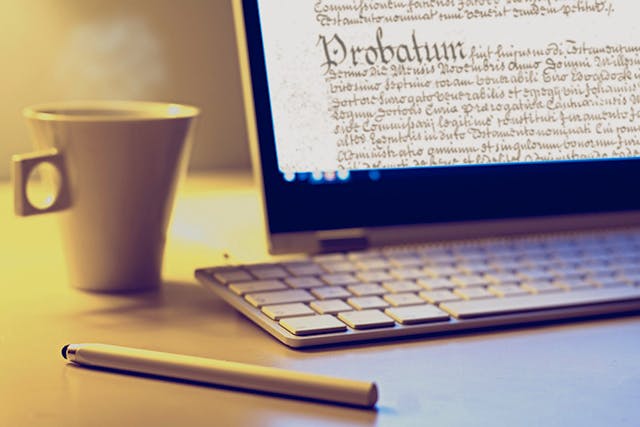Help getting started with your family history
In this section you'll find a range of free guides that will help you get started with your family history search.
Below are the first 5 steps. These are described in greater detail in the guides and include tools, techniques and tips to help you succeed on your genealogical quest.
- Identify what you know. Begin your family history by writing down what you know onto a standard form. Rule 1 of genealogy is work from the known to the unknown, genealogy Rule 2 is Write it Down. Capture key pieces of genealogical information: names, relationships, dates and places of birth, marriage, and death. Interview yourself.
- Decide what you want to learn (research goal). Review what you have compiled and determine what information is missing. What individuals or families intrigue you the most? Make a list of the missing pieces and choose a few goals or questions to research.
- Identify and locate your sources. Options for finding genealogical information exist on the web, in libraries, court houses, churches, and your own home. Start with your house and your family.
- Research! Systematically go through your list of research questions, finding and recording your information. Keep in mind Rule 2: Write It Down, which includes writing down where you found the information. A date or name without a source is merely hearsay rather than information.
- Analyze. Don’t just read; evaluate. Who provided the information for the record? Was the informant a participant in the event (e.g. bride and groom for a marriage record) or someone else (e.g. daughter or undertaker for a death record)?
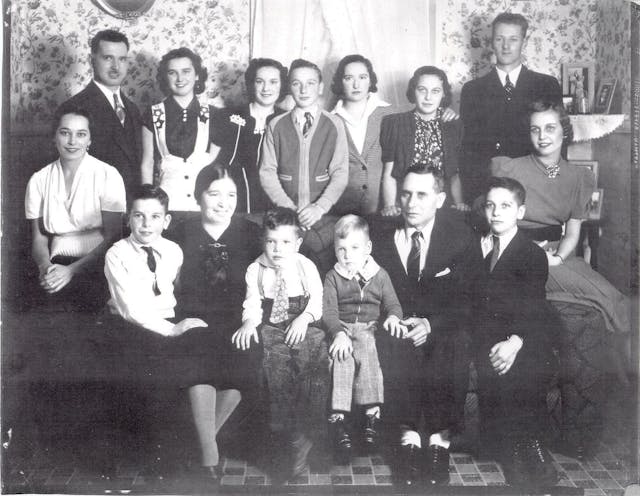
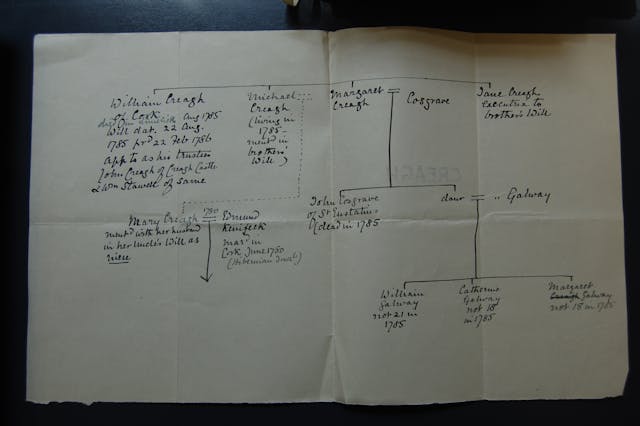
How to start your family tree
This guide gives an overview of the first steps, resources and websites that can help you start your family history. Searching for your ancestors must begin with what you know.
Collect all the family documents you can and question your relatives: the older ones may know about letters, diaries, papers and dated photographs, while, if you are lucky, the Family Bible will have vital dates.

Standards and Good Practice
By spending a few minutes reading this guide, you will be able to adopt good practice from the start.
This will save you hours of backtracking over your research and give you far more confidence in the outcomes.
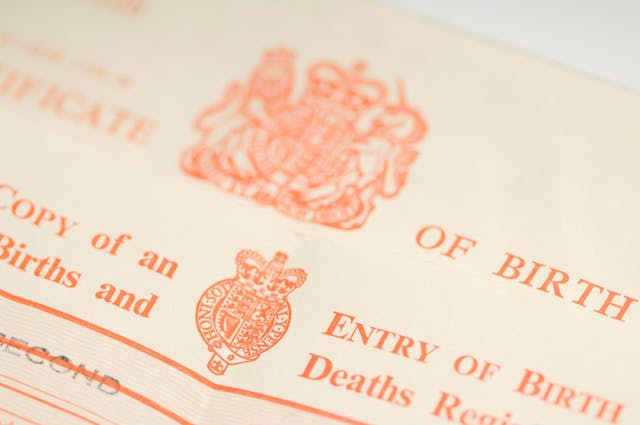
How to search Birth, Marriage and Death certificates
The records of civil registration in England & Wales, which commenced on 1 July 1837, relate to the birth, marriage and death of an individual, but before that the state relied on the Church for record-keeping and this did not include everybody.
Therefore, a single tier registration system was introduced, based on the administrative poor law unions, which had been set up in 1834.
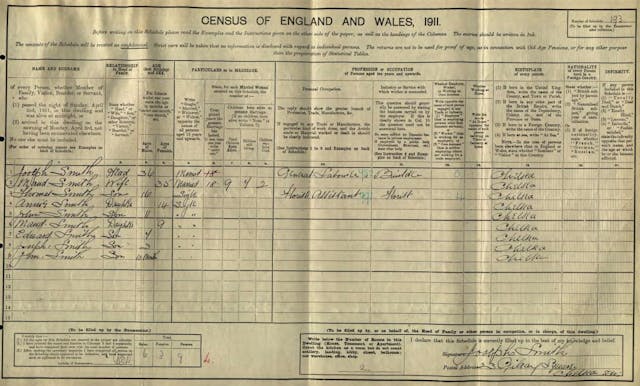
How to search Census records
Nineteenth and early twentieth century census returns are key documents in identifying and learning more about our ancestors. The census returns provide a snapshot of a family living together in a household on the night of the census.
They not only provide evidence which can help to prove lines of descent, but they can also place individuals into the more meaningful context of their families and neighbours and the wider framework of their local and social surroundings.

How to use Probate records
Probate documents can be remarkably helpful to family historians and it would be a mistake to assume that only wealthy people made a will. If you are lucky, wills can be found from the fourteenth century up to the present day and no matter what the date, if they do exist, they can provide a tremendous amount of information.
Probate records are personal and these documents might provide one of the few instances when you will “hear” the actual wishes and words of your ancestor.
Join us
As a member, you can make the most of our resources, access our experts, and find a welcoming community of people interested in family history and genealogy.
We all have roots. Let’s find them together.
